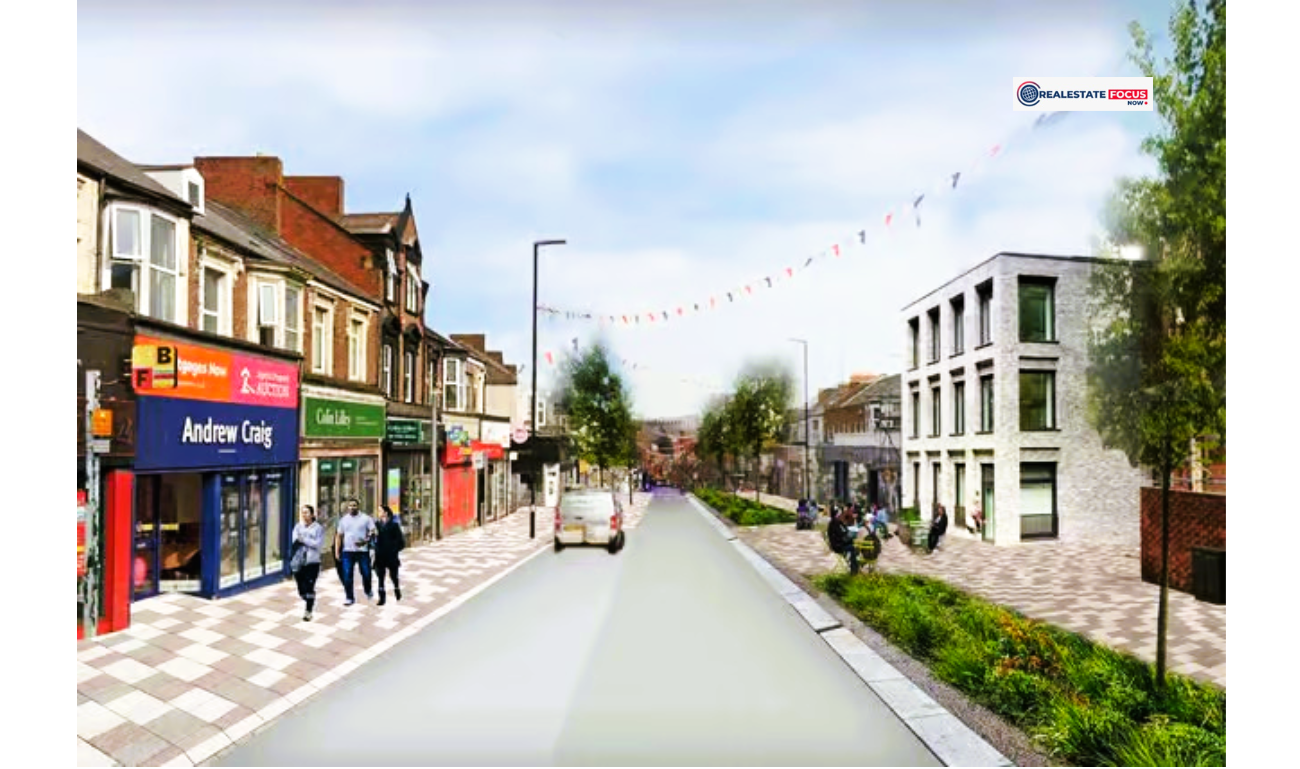

Developers Pay Regularisation Charges After BMC Stops Work in Mumbai
In Mumbai, developers have paid regularisation charges following a stop work notice issued by the Brihanmumbai Municipal Corporation (BMC). The charges were paid after the BMC found that some construction projects were not in compliance with the required building norms.
The payment of these charges allowed the construction work to resume, following a brief pause. The BMC had issued the stop work notice after discovering that certain projects did not meet the legal and technical requirements. These projects had started without the necessary approvals or had violated the conditions set by the local authorities.
Once the stop work orders were issued, developers took immediate action to address the issues by paying the regularisation charges. Regularisation charges are fees that developers must pay when their projects do not fully comply with the required laws and building regulations.
These charges are designed to bring the project in line with legal standards. Developers pay the charges as part of the process of regularising their projects, allowing them to continue construction work without facing legal issues.
Once the developers paid the required charges, the BMC allowed construction to proceed. This move aims to ensure that developments comply with the city’s planning rules while avoiding further disruptions to ongoing projects. It also shows the importance of adhering to building regulations to prevent delays and additional costs in the future.
The situation highlights the need for developers to follow all local rules and regulations before beginning construction. Failing to do so can lead to stop work notices, which can delay projects and increase costs. The BMC’s action in this case was a reminder that developers must follow the proper procedures and obtain the necessary permits before starting work.
Many developers face challenges in navigating the complex regulations and paperwork required for construction projects. In this case, the payment of regularisation charges provided a way for the developers to address any discrepancies and move forward with their work.
It also helped the authorities maintain control over the development process, ensuring that all construction meets the city’s standards. The regularisation charges are meant to ensure that the development complies with safety, environmental, and legal standards.
These fees also help fund public services and infrastructure in the area surrounding the development. In many cases, the payment of these charges is a way for developers to rectify mistakes and bring their projects into compliance with the law.
The BMC’s decision to allow construction to resume after the payment of charges reflects its approach to balancing enforcement with practicality. While the BMC is strict about building regulations, it also provides a pathway for developers to address any issues they may encounter during construction.
This helps prevent unnecessary delays and supports the continued growth of Mumbai’s real estate sector. The real estate market in Mumbai is constantly evolving, with developers working on a variety of large and small projects. As the city grows, ensuring that construction complies with zoning laws and safety standards is crucial.
The BMC’s action in this case is an example of how the local government monitors construction activity to maintain order and quality in the city’s development. In the future, developers in Mumbai will need to be even more careful in following all regulations to avoid delays.
The stop work notice and the subsequent payment of regularisation charges serve as a reminder to the real estate community about the importance of adhering to building codes and obtaining all necessary approvals before starting construction.
This case also reflects the broader trend of increasing scrutiny of construction projects in major urban centers. As cities like Mumbai continue to grow, local authorities are becoming more vigilant in monitoring the construction process.
This ensures that all developments meet safety standards and contribute to the overall urban planning goals of the city. The developers who paid the regularisation charges were able to move forward with their projects, avoiding further legal complications.
This highlights how paying the necessary fees can help resolve issues and prevent lengthy delays. Developers in Mumbai will likely continue to face challenges in navigating the city’s complex building regulations, but following the proper procedures will be essential to avoid stop work orders and other legal issues.
Overall, the payment of regularisation charges after the BMC issued the stop work notice allowed construction projects to resume in compliance with the law. This process helps maintain the balance between development and regulation, ensuring that projects meet the necessary standards for safety and quality.
It also emphasizes the importance of following local building codes and obtaining the proper approvals before starting any construction.






























